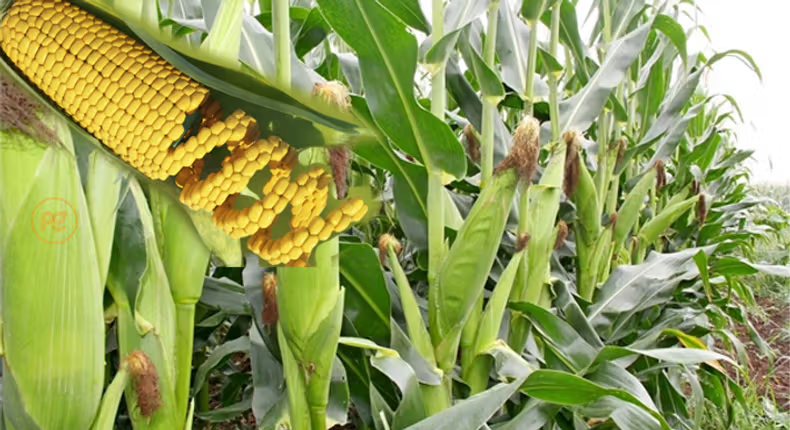Several African countries have taken a strong stance against genetically modified organisms (GMOs), choosing to ban both their cultivation and importation. These decisions are often driven by concerns over food safety, environmental impact, and the protection of local agricultural practices. Countries like Algeria, Madagascar, and Zimbabwe have completely banned GMOs, citing potential risks to biodiversity and public health.
In contrast, other African nations are exploring the use of genetically modified crops through strict regulation and limited trials. Countries such as Nigeria, Ghana, Kenya, Ethiopia, and Malawi allow field testing of certain GMO crops under government supervision. These trials are part of efforts to increase crop yields, improve food security, and withstand the challenges posed by pests, drought, and climate change.
South Africa stands out as the only country in Africa where GMOs are widely grown and commercially cultivated. Farmers there produce genetically modified maize, cotton, and soybeans on a large scale, contributing significantly to the country’s agricultural output. South Africa has also implemented comprehensive biosafety regulations to monitor and control the use of these crops.
On the other hand, countries like Angola, Tanzania, and Mozambique have placed firm bans on both the import and cultivation of GMOs. Their governments argue that the long-term effects of GM technology on human health and the environment are still unclear, and they prefer to rely on traditional farming methods and organic agriculture.
The debate around GMOs in Africa continues to divide opinion. Supporters argue that biotechnology can play a crucial role in solving hunger and boosting productivity, especially as the continent faces population growth and climate challenges. Opponents, however, warn against dependence on foreign seed companies and the possible loss of traditional seed varieties.
As African governments weigh the benefits and risks of genetic modification, each country is choosing its own path based on national priorities, scientific research, and public opinion. The future of GMOs in Africa remains uncertain, but the conversation is likely to grow as food security and sustainability become even more urgent.


